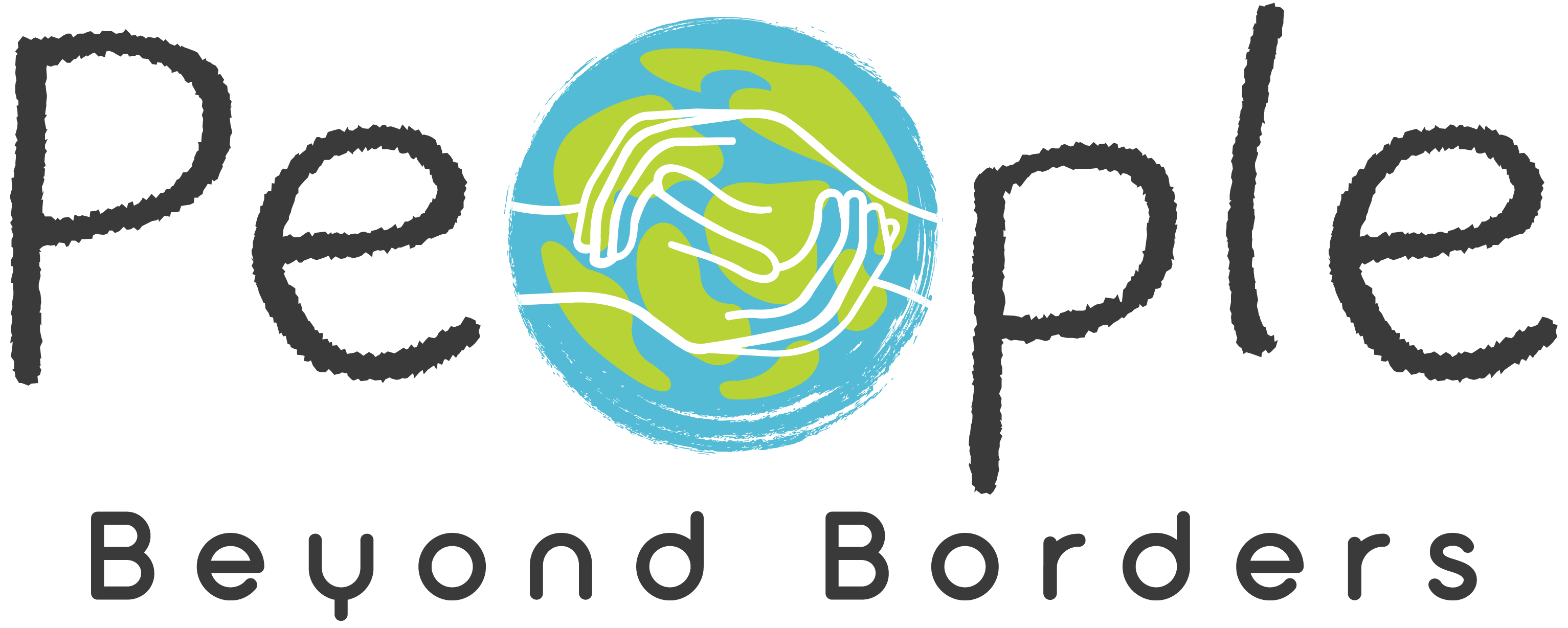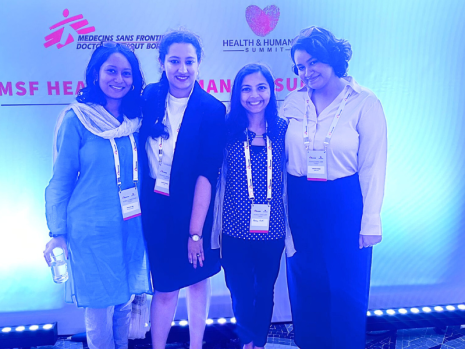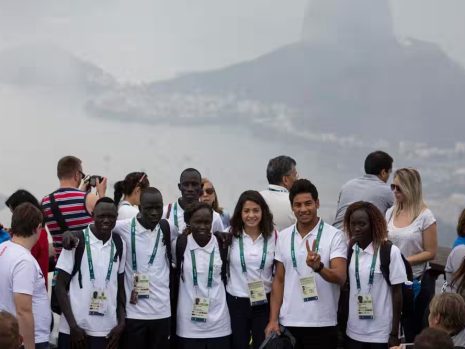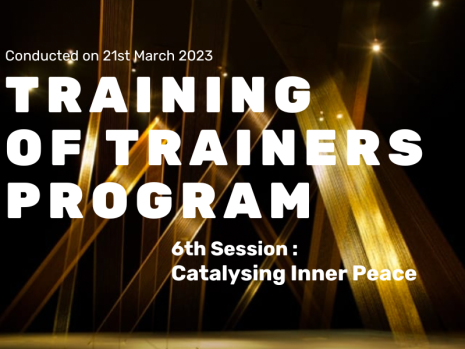This is the second blog in PBB’s human library series. People Beyond Border’s work is rooted in cultural and ethnographic approaches to migration, displacement and the humanitarian sector. Instead of interpreting stories, we seek to really listen to it from the person living it with a hope to un-judge a book by its cover through our human library-styled series.
There is no greater truth than that of a peaceful mind. However, in the midst of the chaos of the world, the mind, body and soul often take a backseat.
For our next human library blog, Prerna and Tanya from PBB interacted with Dr. Mariya Ali, co-founder of Ajna Being & an international social worker working in child protection. To be in the same room (even a virtual room) with Mariya is enigmatic.
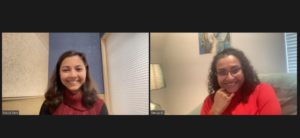
Dr. Mariya Ali comes with 20+ years of experience, having worked with international organizations like Lumos Foundation, UNICEF, the World Health Organization, Adam Smith
International, and Save the Children. She has conducted research and trained social workers and other professionals in a variety of roles, especially given her sensitivity with culturally diverse, fast-paced, and dynamic environments, Mariya recounts the work being taxing and rewarding at the same time. While working in conflict situations and with professionals affected by trauma, she has always believed in a compassionate approach towards her work, colleagues and the world.
“Emotional intelligence, compassionate management and making the workplace a psychologically safe place is going to be key in the coming years”, says Dr. Mariya. The conversation with Mariya revolved around more than just the need to be socially and emotionally aware but also understand how the workplace plays a huge role in humanizing mental health conditions.
“Sometimes, people are so unaware of how they feel or what the feeling is. Many don’t even know that what they’re experiencing is anxiety”
So how does one go to understand themselves? During the hour long conversation, there were many points where the question of discovering and rediscovering one came up. Especially when someone who has been displaced struggles with their identity, there is so much more below the surface that needs to be addressed. Prerna recounts how many refugees meet one another and connect on shared lived experiences or even sharing the same language – that acts as a connector and a way of sharing their trauma. Identity is much more than just your nationality or race, it is the quest of the self.
The sense of belongingness, Mariya mentions, is one of the many factors that help one discover themselves but it is also important to break out of the comfort zone to build more resilience in such situations. Prerna and Mariya both agree that activities such as art, dance, music, Tai chi, Qi Gong are all exceptional ways to deal with trauma and understand one’s emotions.
“Art is a great way to relieve stress”, says Mariya. Art has been one of the many ways through which she has expressed herself time after time. We were quick to notice her background being a painting she made herself – a true artist hangs their masterpieces for the world to see just like their scars!

“For a long time I did not know how to own my own story. When we don’t own it, the pain consumes us. Our messy lives filled with mistakes, heartbreak, and joyful moments can be a message that inspires someone else to change their lives”, says Mariya in a recent piece about her breakthrough.
Having experienced tragic circumstances in her young adult life and childhood, Dr. Mariya has always questioned the traditional methods of life. She is known to break barriers and come out stronger with every passing hardship. With her work being a constant motivator in her life, she ardently believes in bringing in compassion to the round table discussion. Her work as a co-founder of Ajna Being – an all female led international company speaks volumes when it comes to bringing compassion in the workplace. Ajna Being is constantly trying to build an environment for professionals, companies and individuals seeking safe spaces. A trauma-informed workplace is the vision for the future, says Mariya. With work being a huge part of our daily lives, it is important to be nurturing and compassionate for those 40 hours a week as well!
Dr. Mariya explained to us the science and magic of compassionately-led teams and how empathetic managers lead to greater productivity – how we wish everyone could understand that!
To know more about Dr. Mariya Ali’s work – follow her on LinkedIn for her hot takes on the world and follow Ajna Being on Instagram, LinkedIn y Facebook. You can also book a session or have Mariya deliver a 1:1 workshop for your team by emailing info@ajnabeing.com.
